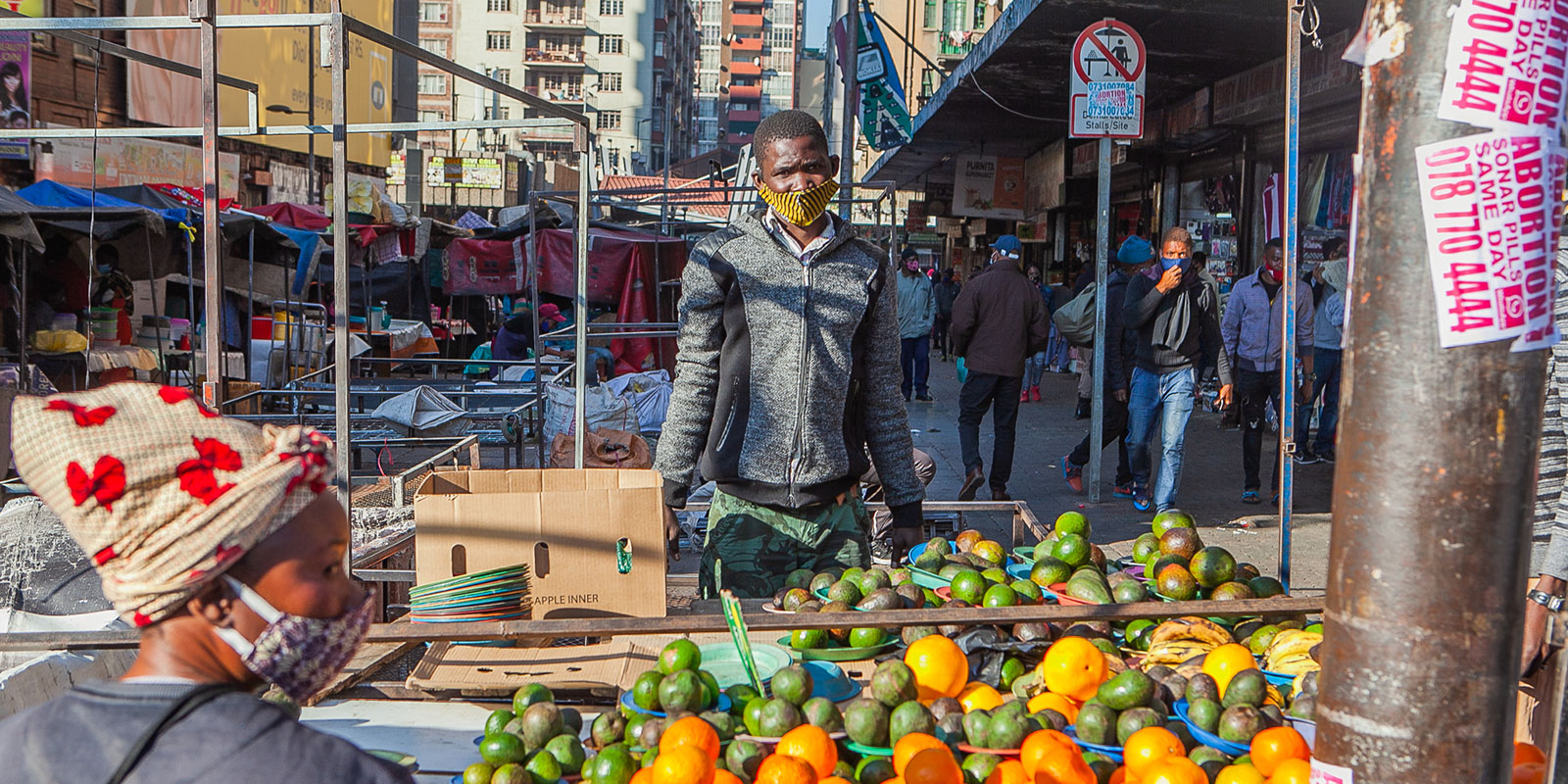The lockdown measures implemented by governments aim to save lives, reduce the rate of infections and death tolls. Nevertheless, these measures have caused damage to economies, especially in Africa. The immediate shock to national economies is seen through job losses, increased unemployment, and a strain on informal sectors.
African governments need to increase the pace of the vaccine rollouts because future waves and new variants will further negatively impact people’s livelihoods and countries’ economies
Tweet
Political Dilemmas faced by Uganda and South Africa
South Africa reported its first case of COVID-19 on the 5th March 2020, with Uganda reporting their first case on the 21st March 2020. Both these countries implemented measures such as school closures, border restrictions, and a ban on gatherings. In South Africa, the first national lockdown was announced by President Cyril Ramaphosa on the 26th March 2020, while Uganda’s President, Yoweri Kaguta Museveni, announced a nationwide lockdown on the 31st March 2020.
COVID-19 restrictions have had a negative impact on the informal sector. This is because most informal businesses do not have enough savings, which often leads to the use of business capital for sustainment resulting in permanent or temporary business closure. The closure of informal businesses contributes to poverty, job losses, increased rates of child labour, and a surge of protests.
The pandemic has resulted in job losses and the collapse of businesses, which as in turn affected parents’ financial inability to take care of their households. In select and extreme cases, there were reports that some Ugandan parents have pressed their children into child labour, illegal marriage, and underage sexual activities, notably affecting schoolgirls. One example is the case of a 14-year-old girl who was sold off by her father to a 47-year-old, owing to socioeconomic difficulties that the family was facing. However, she was rescued by Hope Nankunda of Raising Teenagers Uganda. The Uganda National Partnership official reports have indicated 48 cases of child marriage between March 2020, the beginning of the pandemic, and the end of July 2020.
The Uganda Child Helpline under the Ministry of Gender, Labour and Social Development indicated that the helpdesk received an average of 100 calls per day, reporting violent behaviour against children. Immediately after the Ugandan government’s COVID-19 lockdown measures were announced, between 10 and 26 April 2020, the support desk received an average of 1369 calls per day.
COVID-19 regulations have not only contributed to gender based violence (GBV), but have also exacerbated other underlying socio-economic problems, such as low levels of employment. This is one of the issues informing citizen discontent in South Africa For example, South Africa is experiencing an increase in protest action due to job losses, salary adjustment disputes, lack of service delivery, and corruption. South African citizens are starting to lose confidence in the government, and this is possibly demonstrated by disobeying COVID-19 regulations.
COVID-19 measures vs Informal Sectors
Government measures to curb the spread of COVID-19 contributes to difficulties faced by informal sectors. The national lockdowns are problematic as most small scale vendors in Africa depend on physical markets or neighbourhood stalls to promote their services and goods. This is because most elderly people prefer physically purchasing their goods rather than making use of online platforms, while street vendors also do not have the means to advertise their products online, or go digital.
Although the restrictions are aimed at reducing the rates of infection, African governments followed other countries’ lockdown regulations without exploring the potential impact on the informal economy. For instance, some cross-border traders are faced with travel bans and movement restrictions due to COVID-19 measures.
In Uganda, Kampala city approved the halting of fees that informal traders are required to pay in an attempt by the city to lessen the burden faced by informal traders due to the COVID-19 regulations introduced by the government. Fighting for socio-economic justice, The South African Informal Traders Alliance (SAITA) and Women in Informal Employment Globalising and Organising (WIEGO) have encouraged the South African government to intervene in the informal sector, which resulted in the government permitting Spaza shops to re-open under the COVID-19 regulations.
The South African Government approved a R30 million funding grant aimed at support to Spaza shops. The fund is distributed through Small Enterprise Finance to lessen the negative economic impact resulting from COVID-19 measures. Informal workers have not benefited equally as the initiative has only reached a minority within the informal sector which in part may be due to most informal workers not being registered under UIF. About half of street and market vendors received a cash grant from the state, but no more than 15% of informal waste collectors received the available support.
The COVID-19 measures are severely impacting national economies, and this is experienced through formal job losses. Although there is an increase in the formal unemployment rate, the informal sector has experienced an expansion to some extent as those affected by COVID-19 are starting small businesses to survive. The informal sector in Uganda employs over 84% of the population, 90% being youth. Business closures in the informal sector will lead to negative coping mechanisms such as crime, protests, and insecurity. To prevent such negative impacts the government needs to speed up the vaccine rollout.
Social challenges faced by the government
African governments were slow to prepare and equip the health sector before the COVID-19 pandemic hit the continent. South Africa, specifically Gauteng province, is grappling with the third wave, where hospitals are overwhelmed. In Uganda, health services are over-charging COVID-19 patients which has seen the Ugandan government being taken to court for failing to regulate fees for patients in private facilities. Uganda’s hospitals are also overwhelmed.
African governments need to increase the pace of the vaccine rollouts because future waves and new variants will further negatively impact people’s livelihoods and countries’ economies.
Sam Mokhaloane is a PhD student at the University of KwaZulu-Natal, focusing on the link between pandemic and conflict in Africa.

